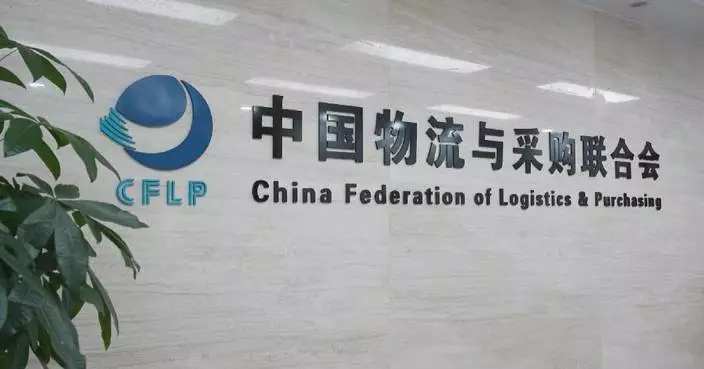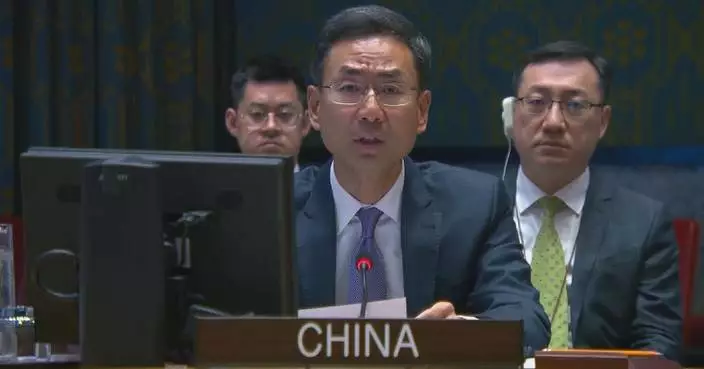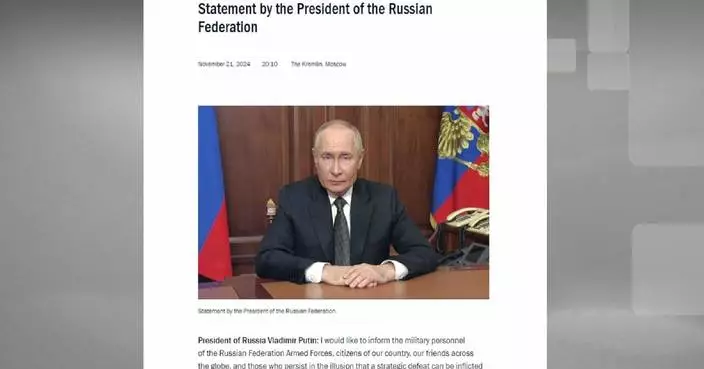The 2024 World Internet Conference (WIC) Wuzhen Summit, which began on Wednesday in Wuzhen, Zhejiang Province, has brought together global experts to explore how AI can benefit humanity, with many calling for global AI governance to ensure the technology serves humanity's best interests.
The three-day event, themed "Embracing a People-centered and AI-for-good Digital Future -- Building a Community with a Shared Future in Cyberspace," includes 24 sub-forums on topics such as Global Development Initiative, digital economy and AI technology governance, along with a series of activities.
Lampros Stergioulas, UNESCO Chair in AI and Data Science for Society, said that AI can accelerate social progress, but it needs to be used properly to avoid its negative effects in order to benefit citizens and society.
"My main role is to look at the potential of new AI technologies. For society, how can we accelerate the development and how can we accelerate the benefits that society can get from these technologies, but also how to avoid the harmful effects of AI," he said.
Latif Ladid, President of the IPv6 Forum, called for the establishment of a global governance system to allow artificial intelligence technology to serve humanity for good.
"The world as we know it today would be really advanced in the future, but at the same time, it has its own risks. We have to learn how to make these things serve mankind. I think we have to have a worldwide AI governance," Ladid said.
Chon Kilnam, an Internet Hall of Fame member known as "Father of the Korean Internet," shared insights on AI's positive role in healthcare. He urged global efforts to ensure AI safety and prevent its misuse in weapons.
"How can we make a safe AI? It's not easy. Globally, we are meeting, and also in China, many organizations are also working on safe AI development. We are fighting and struggling. I hope we can do a good job," he said.
Indian entrepreneur Bibin Babu noted that he believes AI will not replace humans, but will create more new jobs.
"People say that AI is going to remove a lot of jobs. I can't foresee it. I see it as creating a lot more inclusion, a lot more opportunities, a lot more newer jobs. The youth can actually add value by using their creativity and innovation, just being enabled with AI. I think AI can come as a very important, powerful tool," Bibin Babu said.
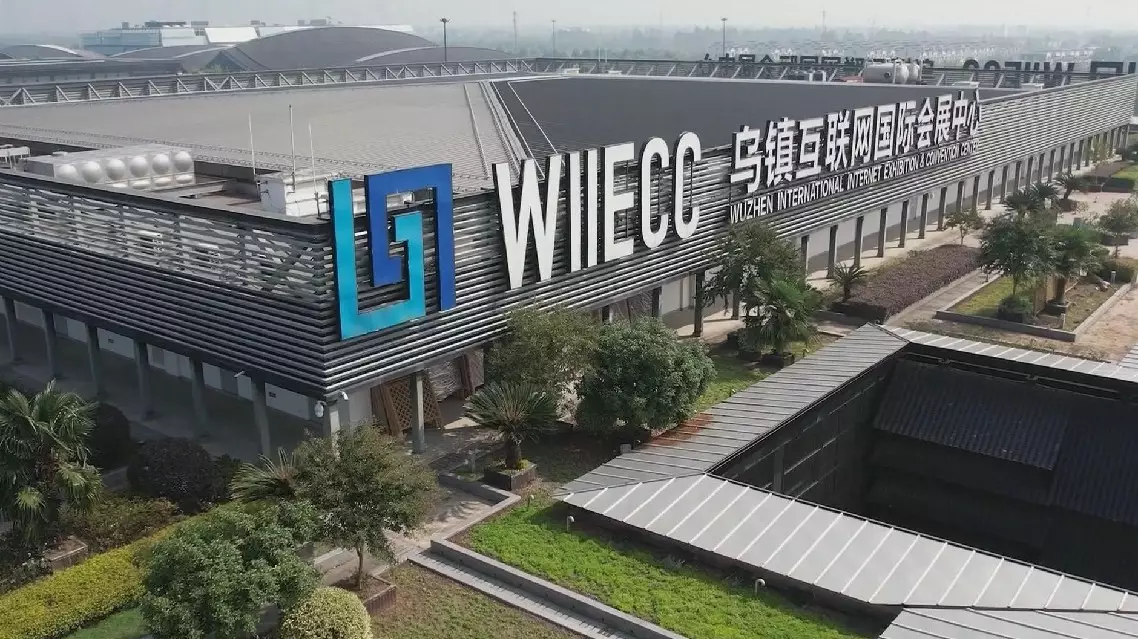
Experts urge global AI governance to ensure technology serves humanity's best interests
Japanese people on Thursday protested in front of the Tokyo-based Japan-U.S. Security Consultative Committee, demanding that the Japanese government and the U.S. military stationed in Japan take immediate and concrete measures to completely solve the pollution issue associated with the U.S. military bases in the country.
One day earlier, Marcos Orellana, the United Nations (UN) Special Rapporteur on toxics and human rights had just concluded his investigation into the pollution issue in Okinawa Prefecture.
Protesters said the water bodies near the U.S. military bases in Japan have been exposed to an excessive amount of perfluorinated compounds (PFAS), a carcinogenic chemical, and blood tests of the residents living nearby have been abnormal. However, the pollution problem has not been solved for many years, which is unacceptable.
"The place where I live is apparently affected by water pollution at the U.S. Yokota Air Base. Concerns about PFAS continue to increase. In places including Okinawa, Japanese government uses taxes to pay for pollution treatment. This approach is unacceptable. As I've just said, the waste from (the U.S. military) should be handled at their expense. This is the request that I want to make," said a protester.
Due to the existence of documents such as the U.S.-Japan Status of Forces Agreement, according to the protesters, it is difficult for the Japanese government to enter U.S. military bases in Japan to conduct investigations, resulting in the delay in solving the problem of PFAS pollution.
"Although we are now very concerned about the problem of PFAS pollution, the U.S. military stationed in Japan has extraterritoriality. We have no way of knowing exactly what was transported into the U.S. military bases in Japan. We don't even know whether they brought weapons of mass destruction or drugs into the bases, nor who entered these bases," said another protester.
"I think the Japanese government must take action to solve the problem. The reason why Japanese government cannot clearly point out the problem is probably because they can't disobey the order of U.S. military. Although Japanese people have long time back raised the issue of pollution, the government cannot be tougher on the United States. I think this is really sad. I think we have to keep speaking out, it is the only way to push the Japanese government to take action," said another protester.
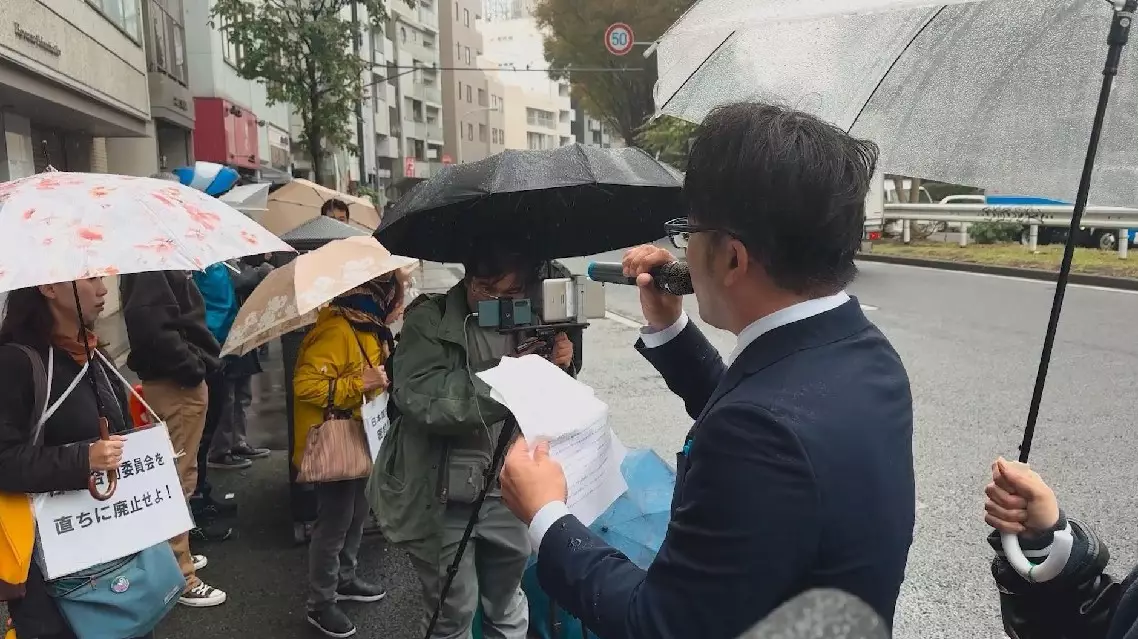
Japanese rally in Tokyo against US military bases' alleged water contamination




